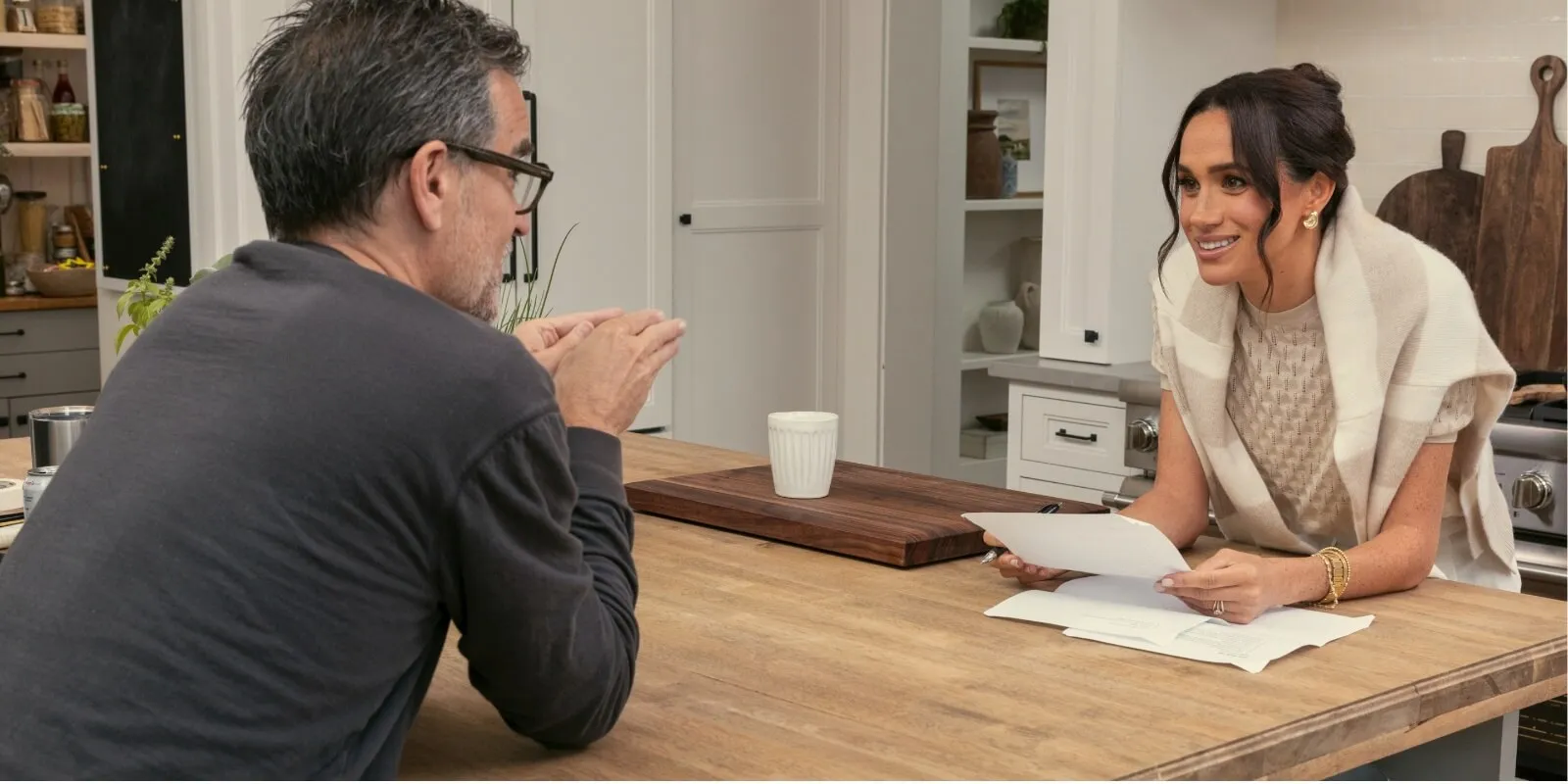
Following Naomi Judd’s Death, Ashley Judd Calls for ‘Better Law Enforcement Procedures’ to Help Protect Privacy
Following the death of her mother, Naomi Judd, actor and activist Ashley Judd has called for “better law enforcement procedures and laws.”
Read on to learn why Ashley wants to see a different response to sensitive information and cases and what she revealed about being questioned while her “mother’s life was fading.”

Ashley Judd felt ‘cornered and powerless’ due to law enforcement questions after discovering Naomi Judd
Naomi died on April 30, 2022, and the family initially appointed Ashley to speak about their loss. She bravely revealed the country music icon’s death came by suicide.
In a New York Times op-ed, Ashley opened up about what happened in the moments after her mother’s tragedy. “My beloved mother, Naomi Judd, who had come to believe that her mental illness would only get worse, never better, took her own life that day,” she wrote.
Ashley revealed she felt bombarded by law enforcement who were asking her questions. She was home with Naomi and shared, “The trauma of discovering and then holding her laboring body haunts my nights.”
But the way authorities treated Ashley in those last moments with her dying mother also stands out in her memories. “I felt cornered and powerless as law enforcement officers began questioning me while the last of my mother’s life was fading,” she revealed.
“I wanted to be comforting her, telling her how she was about to see her daddy and younger brother as she ‘went away home,’ as we say in Appalachia,” Ashley said.
Ashley Judd wants to see a change in the way law enforcement handles sensitive information
In a series of tweets about her NYT op-ed, Ashley said she poured her soul “into describing the four interviews I was given no choice in doing the day our beloved mother died, and why such material should remain private for all families in the devastation [that] follows suicide.”
“We need better law enforcement procedures and laws that would allow suffering families and their deceased loved one more dignity around agonizingly intimate details of their suffering,” she demanded. “Autopsies are public record. So are toxicology reports.”
Ashley concluded in a third tweet, “We have shared our story so openly, to raise awareness, reduce stigma, to help people identify, and make sure we all know we face mental illness together. What more do folks want us to give of our grief?”
Before the op-ed was published, Ashley and her family fought to keep Naomi’s death records sealed.
Naomi Judd survived many years of ‘treatment-resistant’ depression
Naomi was candid about her experience with anxiety and depression before her death at 76. “I used to say to myself, looking in the mirror, ‘I’m Naomi freaking Judd. I got this.’ I even wrote it out and taped it there,” she wrote in a 2017 essay for NBC News.
“But when the problem is your brain, when the problem involves the way that you’re thinking and the way you’re living every day of your life,” she added, “you can’t pull that off anymore.”
How to get help: In the U.S., call the 988 Suicide & Crisis Lifeline by dialing 988 or 1-800-273-8255. Or text HOME to 741-741 to speak with a trained crisis counselor at the free Crisis Text Line.


